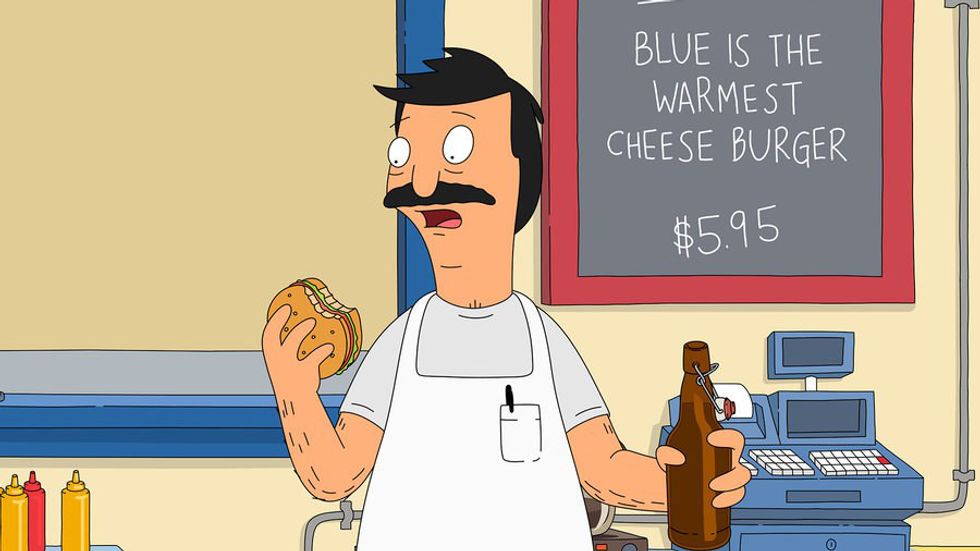A few weeks ago, I sat in the back corner of my forensic science classroom; the topic of dactyloscopy had piqued my interest, but our teacher had gone on yet another tangent, this time about the candidate who he planned to vote for next month.
He discussed how he felt that the Republican candidate reflected his views more accurately, which I don't agree with, but he obviously has the right to form his own opinion. He commented that universal healthcare wasn't fair to the middle class because we'd end up footing the bill for others, many of whom could pay for it themselves: in essence, a dysfunctional system that many could exploit.
This wasn't really my perspective, but that was fine – until he said that Islam is a violent, extremist religion, and those who practice it in America are terrorists. (I paraphrase, but you see what I mean.)
My classmates (who were either daydreaming or completely fine with this statement; I couldn't tell) did not react. I interpreted that as silent agreement, or at least neutrality.
I didn't say anything, either. My excuse, in that moment, was that I was a new student, already a bit of an outlier for coming from California. I didn't want to set myself apart from the people I was just starting to befriend. In hindsight, I believe it was unethical not to speak up.
A close friend of mine – someone I admire very much – often talks to me about how much it angers them when someone remains neutral in the face of a xenophobic or otherwise bigoted situation. While I agreed with them to an extent, I never fully realized how out of hand a situation can get if one doesn't chime in with their own opinion, as I should have.
This friend is particularly annoyed by those who believe in gender equality but doesn't express this when the people in their organization make derogatory comments about women, minorities or LGBT+ individuals. And now that I know what it's like to stay silent while bigoted comments are being made, I've decided to speak up next time.
That's why I'm writing this article today – to share my story of a time that I failed to voice a concern over xenophobic remarks made in my school and to encourage others to avoid doing the same. I was afraid of rocking the boat in my new school, where I know the standard political ideology differs from mine, but I shouldn't have been.
After all, in the words of human rights activist Desmond Tutu, "If you are neutral in situations of injustice, you have chosen the side of the oppressor."

































